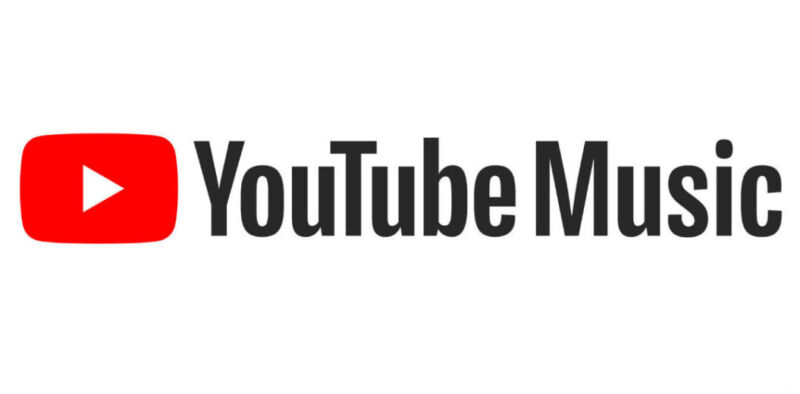
Google Play Music is shutting down soon, and the transition to YouTube Music currently leaves a lot to be desired. For users with uploaded music, the transfer tool will port your music over seamlessly, but once you're in the YouTube Music interface, you'll discover that plenty of features have gone missing, and things that used to work on the free tier suddenly don't. If my email inbox is any indication, hordes of people are searching for alternatives.
Google isn't turning a deaf ear to the concerns of the Google Music migrators, though. In response to articles we've written here, like "YouTube Music is holding my speakers for ransom," Google got in touch with us and sent over a statement:
We understand that uploaded content is an integral part of the listening experience for many of our users across YouTube Music. While several features for uploaded content aren't currently working in the free YouTube Music experience, we’re working hard to address these feature gaps and bring additional functionality to our free tier user. We look forward to sharing more updates soon.
While this is a bit vague, the shoutout for users of uploaded content is a change of tone from what the company was saying in June. Our YouTube Music article was mainly about the free-versus-premium feature changes in YouTube Music and Google Music, including the requirement of a monthly fee in order to play purchased and uploaded music on Google Home speakers. Before publishing that article, we double-checked with Google to ask if charging to use a Google Home from YouTube music was really what it was planning, and all the company would do is reaffirm the current restrictions.
We were also able to have a brief chat with YouTube Music Product Manager Brandon Bilinski, and the main message we got was that the YouTube Music transition is more about merging branding and infrastructure than it is about a shift in strategy or taking a more hardline stance on paid subscriptions. The main confirmed changes, announced last week, are the shutdown of the bulk-uploading "Music Manager" desktop OS program and Google's exit from the a la carte song-selling business. You'll still be able to upload music via drag and drop on the website, and YouTube Music will honor your Google Music song purchases.
For the record, we brought up every major YouTube Music deficiency we could think of, like the requirement to pay the monthly streaming license to cast audio to speakers, downloading music for offline playback, sorting music lists, editing song info, Android Auto support, and the weird mixing of YouTube and Music content. While Google doesn't want to publicly commit to a timeline or promise to include specific features, it is, at least, aware of the current feature gaps and what people are complaining about.I think a big part of the problem is that Google has been very transparent about only the negative part of its roadmap. It announced Google Music shutdown plans, in detail, four months in advance. This is a good thing to do, but it would also help the company to counter all that negative info and go into specifics about the positive parts of its YouTube Music roadmap. Naturally, talking only about the negative gives everyone a negative impression and, especially given how some Google shutdowns have gone in the past, has sent people looking for alternatives.
The company obviously hopes this statement will calm the fears of the Google Music migrators, but the clock is ticking! Google Music streaming shuts down for most of the world in October, so the company only has two months to push out some of the major features if it wants to keep the music going for its old Google Music customers. Some of the YouTube Music team's feature-parity work is already visible, with voice-command support for uploaded YouTube Music playlists entering testing just last week. The company also spent months building the migration tool—which works very well—and I think with this statement it's becoming clear Google didn't want to do all that work just to later cause a mass exodus from the service.
reader comments
238